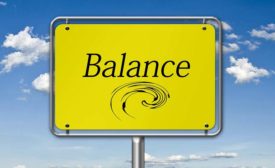Home » stress management
Articles Tagged with ''stress management''
A NIOSH Science Blog post
Health for the holidays: Risks and recommendations for the retail industry
December 13, 2018
Go hug a tree
Neighborhoods with more green space may mean less heart disease
December 11, 2018
Become a Leader in Safety Culture
Build your knowledge with ISHN, covering key safety, health and industrial hygiene news, products, and trends.
JOIN TODAYCopyright ©2024. All Rights Reserved BNP Media.
Design, CMS, Hosting & Web Development :: ePublishing








